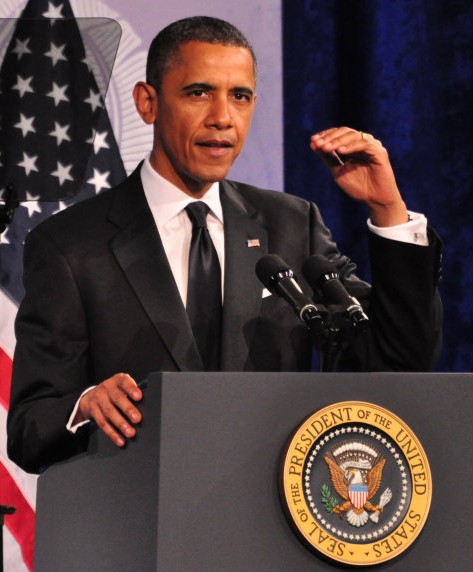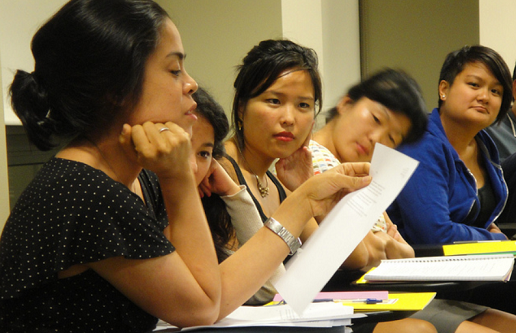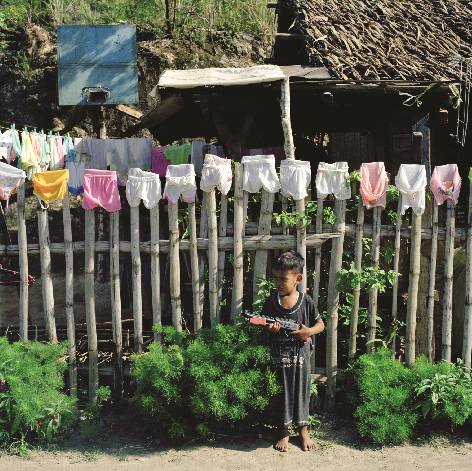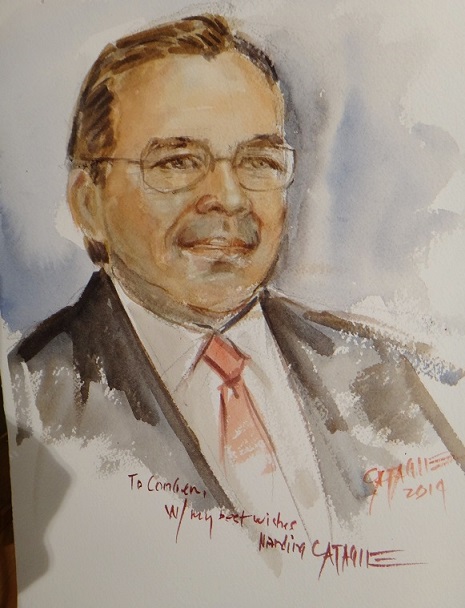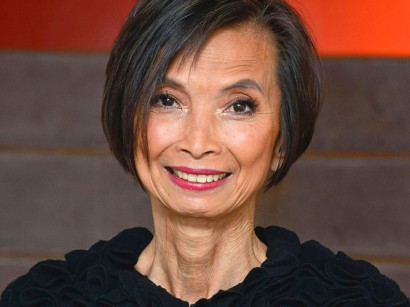The International Criminal Court will open inquiry on PHL drug killings to determine jurisdiction
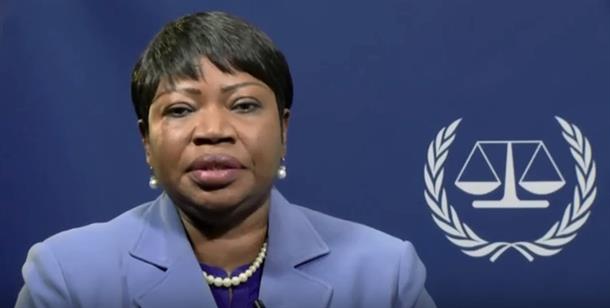
‘Since 2016, I have closely followed the situation(s) in the Republic of the Philippines’ — Prosecutor of the International Criminal Court Mrs. Fatou Bensouda
The International Criminal Court in The Hague will open “preliminary examination” into the rash of drug killings in the Philippines. The announcement was made by ICC Prosecutor Fatou Bensouda on the ICC website.
“The preliminary examination of the situation in the Philippines will analyse crimes allegedly committed in this State Party since at least 1 July 2016, in the context of the ‘war on drugs’ campaign launched by the Government of the Philippines,” said Prosecutor of the International Criminal Court Mrs. Fatou Bensouda. It has been alleged, according to her, that since 1 July 2016, thousands of persons have been killed for their alleged involvement in illegal distribution or drug use
“While some of such killings have reportedly occurred in the context of clashes between or within gangs, it is alleged that many of the reported incidents involved extra-judicial killings in the course of police anti-drug operations,” said Bensouda.
The move is the first step in what is usually a long-drawn-out process leading to a possible indictment of Philippine officials implicated in drug-related murders. Lawyer Jude Sabio, representing former Davao Death Squad member Edgar Matobato, filed the case with the ICC in March 2017 alleging that President Rodrigo Duterte committed “crimes against humanity” by ordering or condoning the killing of drug suspects. Matobato has testified he was hired to kill suspected drug pushers and users. His statements were corroborated by fellow whistleblower Arturo Lascanas.
Human Rights Watch in New York put the number of deaths linked to Duterte’s ‘war on drugs’ at about 12,000.
While the ICC is the so-called court of last resort to prosecute world leaders for gross violation of human rights, its track record has resulted in indictments against 39 world leaders, many of them from African nations. The ICC is largely seen as powerless against major countries such as the U.S. and European nations.
“During this phase, Prosecutor Bensouda will determine among other things, whether the ICC has jurisdiction on the matter,” said litigation lawyer Lara Gregory, who has practiced in international jurisdictions and currently has a private practice in New York. “The ICC, which was created under the Rome Statute to which the Philippines is a signatory since December 28, 2000, steps in when there is a perceived absence of genuine national investigatory and judicial proceedings.”
The case was filed, according to Gregory, because “As a general rule, the Philippines has the primary responsibility to end impunity for alleged crimes against humanity or war crimes perceived to be occurring within its territory.”
Human rights lawyer Elizabeth Cueva said the opening of the preliminary examination is both unfortunate and a welcome development.
“It is unfortunate as it creates an impression that the Philippines does not have strong democratic institutions with internal mechanisms and processes to protect against violation of human rights. It increases global awareness on the Philippine plight and puts the government’s ‘war on drugs’ under scrutiny,” said Cueva, who made clear she is speaking in her personal capacity and not as a lawyer for the New York State Division on Human Rights.
At the same time, she added, “The preliminary examination is good in the sense that it will hopefully act as a deterrent on potential acts against humanity as defined by the Rome Statute. The Philippine government had a correct reaction in taking this as both a challenge and a welcome opportunity.”
In clarifying her mandate, Bensouda stressed that a preliminary examination is “not an investigation but a process of examining the information available in order to reach a fully informed determination on whether there is a reasonable basis to proceed with an investigation… I, as Prosecutor, must consider issues of jurisdiction, admissibility and the interests of justice in making this determination.
“There are no statutory timelines on the length of a preliminary examination. Depending on the facts and circumstances of each situation, I will decide whether to initiate an investigation, subject to judicial review as appropriate; continue to collect information to establish a sufficient factual and legal basis to render a determination; or decline to initiate an investigation if there is no reasonable basis to proceed.”
© The FilAm 2018

